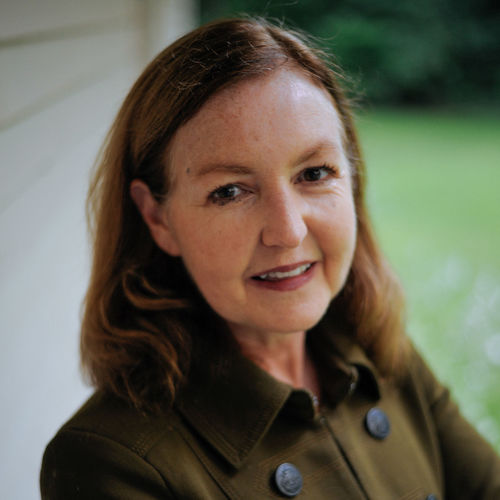Dignity, Deference, and Discrimination: Religious Freedom in America’s Prisons

Elyse Slabaugh received a JD in 2024 from the J. Reuben Clark Law School, Brigham Young University. This post is based on an article published in the BYU Law Review.
Incarceration by its nature denies a prisoner participation in the larger human community. To deny the opportunity to affirm membership in a spiritual community, however, may extinguish an inmate’s last source of hope for dignity and redemption.[1]
The difficulties of prison administration create the potential for prisons to succumb to neglect, racism, and religious intolerance and for prison officials to curtail inmates’ rights not only when necessary, but also when merely convenient.[2]


